You’ll never look at boomer life the same after learning these unbelievable struggles.

You think life is tough now? Boomers grew up in a world that would feel almost unrecognizable today, full of challenges that tested their grit and resilience. It wasn’t just a different time—it was a completely different reality. The struggles they endured shaped their values, work ethic, and determination in ways Millennials might find hard to comprehend.
Get ready to uncover 13 eye-opening ways Boomers had it tougher than anyone could imagine—you might just walk away with a whole new perspective.
1. They Had to Fear Being Drafted into War
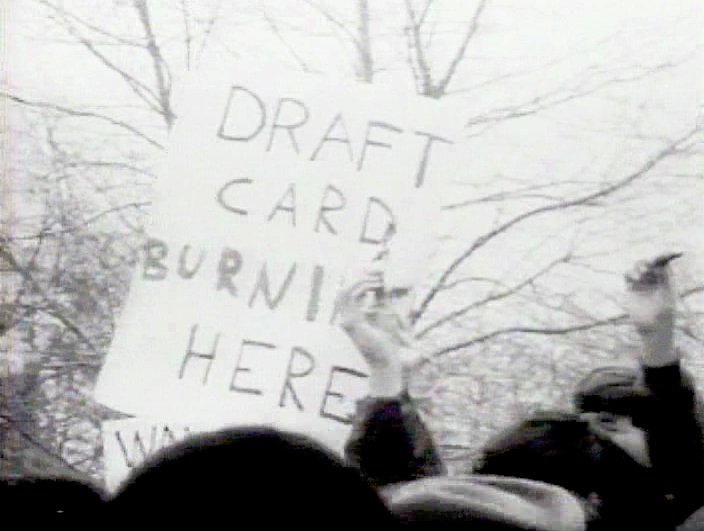
Imagine turning 18 and knowing you might be shipped off to fight in a war you didn’t believe in. For Boomers, the Vietnam War draft loomed over their teenage years like a dark cloud (Source- Students of History website). Unlike today’s volunteer military, they had no choice in the matter. It didn’t just affect the men, either—families lived in constant fear of that dreaded draft notice arriving in the mail. It’s a kind of stress Millennials can thankfully only imagine.
2. Nuclear Drills Were a Regular Part of School Life
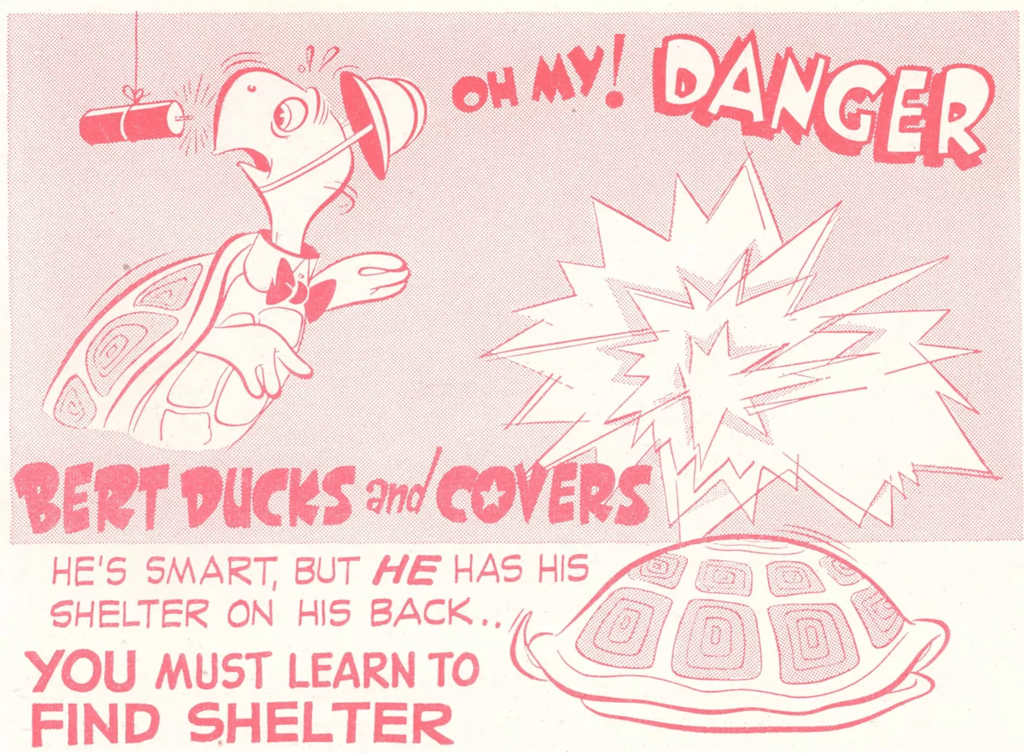
Forget fire drills; Boomers grew up practicing for nuclear attacks. “Duck and cover” wasn’t just a phrase—it was a survival strategy drilled into their heads (Source- Marquette University). Hiding under desks or being ushered into fallout shelters was their version of safety education. Can you imagine the psychological toll of believing a nuclear bomb might drop at any moment? For Boomers, the Cold War wasn’t just history—it was a terrifying reality they had to face as kids.
3. They Lived Through the Chaos of the Energy Crisis
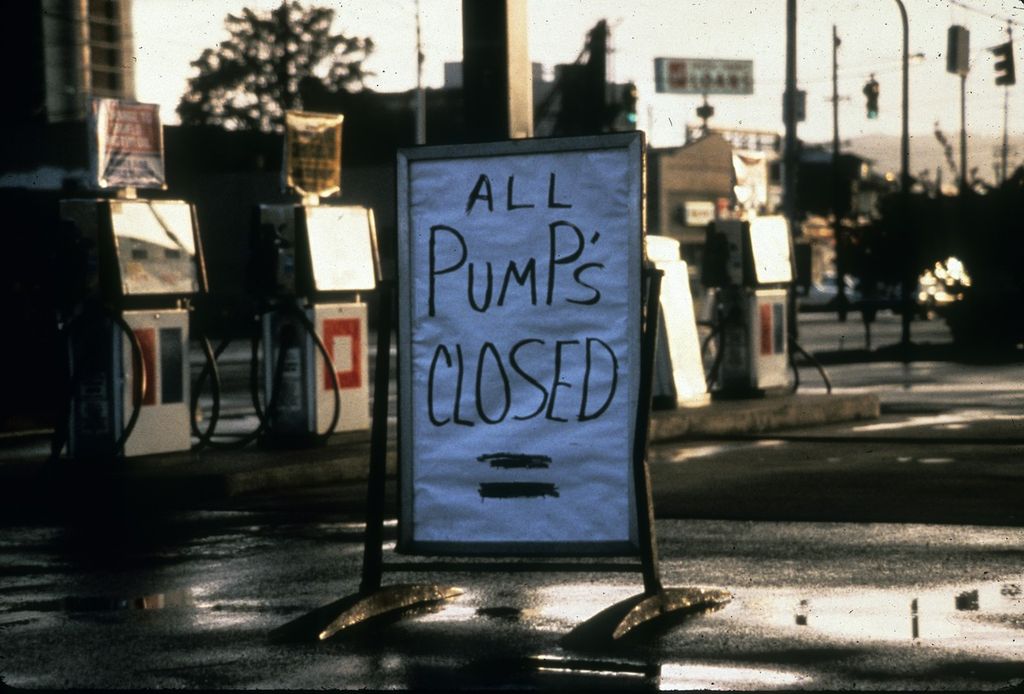
Gas lines that stretched for miles. Rationing days where you could only fill up based on your license plate number. The 1970s energy crisis turned daily life into a frustrating game of survival (Source-Yale University). Boomers had to adapt quickly, finding ways to conserve and make do with less. The uncertainty of whether they’d even make it to work or school was a constant worry. Millennials might complain about rising gas prices, but Boomers had it far worse.
4. Calling Someone Meant Hoping They Were Actually Home
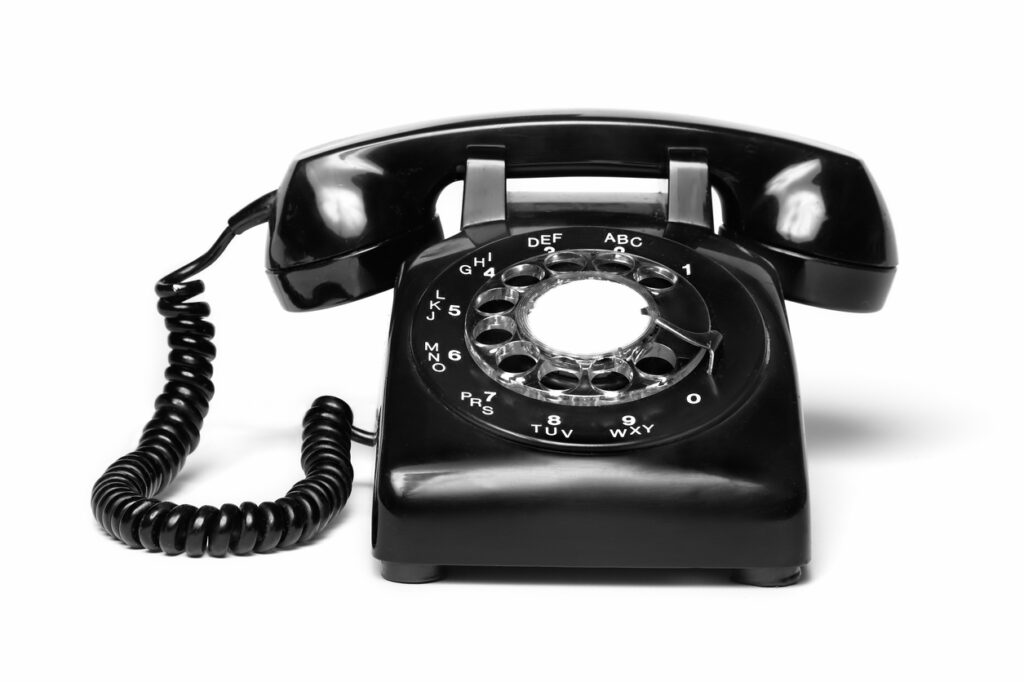
There were no cell phones, no texting, and certainly no voicemail. If you needed to reach someone, you had to hope they were home to answer the phone. Missed calls meant missed connections, and long-distance calls were so expensive they were often reserved for emergencies. Boomers had to master the art of patience and planning in ways that are completely foreign to today’s instant-communication world. It was a slower, more uncertain way of staying connected.
5. Jobs Didn’t Offer the Flexibility Millennials Take for Granted

Working from home? Forget about it. Boomers entered a job market that demanded strict hours, no remote options, and little tolerance for work-life balance. Sick days and parental leave were often luxuries, not guarantees. They didn’t have the option to job-hop easily or demand perks like free coffee and flexible schedules. For many, it was a grind, and they had to put up with a lot more just to keep food on the table.
6. They Grew Up Without Credit Cards or Easy Access to Loans

Today, you can swipe a card or apply for a loan online in minutes. For Boomers, building credit was a grueling process, and loans weren’t as accessible. If you didn’t have the cash, you didn’t make the purchase—period. Want to buy a house? Good luck saving for that down payment without the financial tools we have now. They had to rely heavily on budgeting and delayed gratification, skills that Millennials rarely need to develop to the same extent.
7. Medical Advances Were Far Behind What We Have Now

The health scares Boomers faced were no joke. Polio outbreaks, limited vaccines, and a lack of life-saving medical technologies meant many illnesses were far deadlier than they are today. Even something like a broken bone could be a bigger deal back then. They didn’t have the luxury of Google to self-diagnose or advancements in medicine that Millennials often take for granted. Surviving childhood was a lot more challenging when modern healthcare wasn’t what it is now.
8. Entertainment Was Limited and Required Patience

If you missed a TV show, you missed it—there was no streaming or DVR to save the day. Boomers had to schedule their lives around their favorite programs or wait weeks for a rerun. Movies were an event, not an everyday indulgence, and music required flipping records or rewinding tapes. The idea of unlimited, on-demand entertainment was unfathomable. Millennials, with their endless content options, would struggle to understand just how limited and precious entertainment once was.
9. College Wasn’t Always Accessible or Encouraged

While college is now seen as a standard step after high school, Boomers often didn’t have that same opportunity. Higher education was less accessible, particularly for women and minorities, and scholarships weren’t as plentiful. Many Boomers entered the workforce right out of high school, taking on physically demanding jobs with limited room for advancement. For them, the path to success required a different kind of grit and determination.
10. Home Appliances Were Far from Convenient
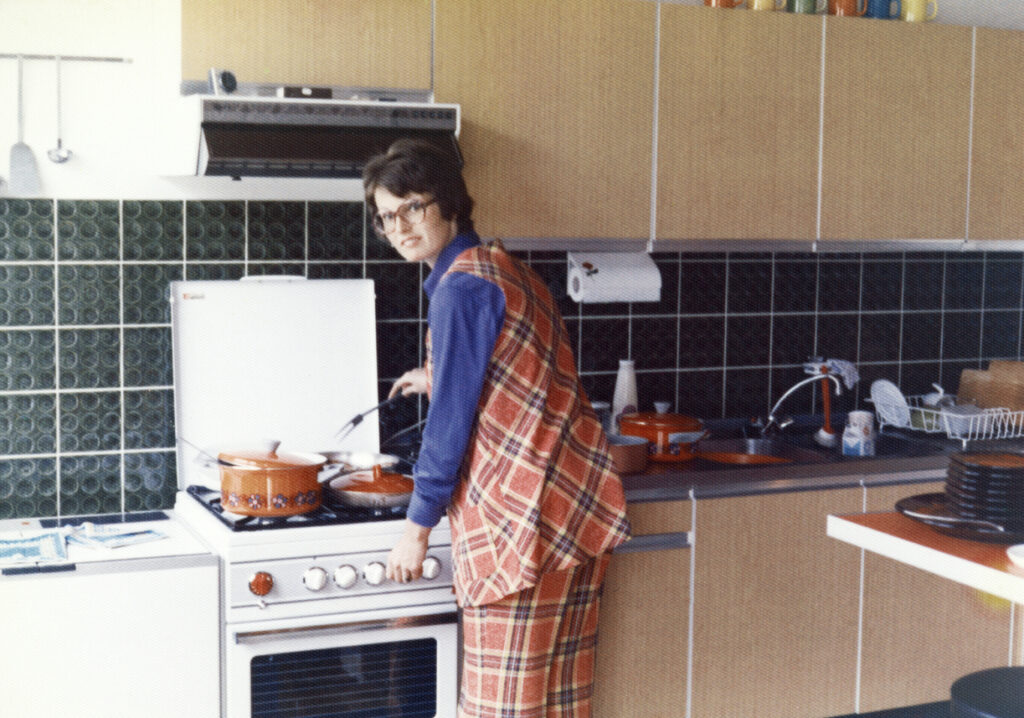
Doing laundry wasn’t as simple as pressing a button. Boomers often grew up with wringer washers and no dryers, meaning laundry day could take hours. Cooking involved manual labor—there were no microwaves or pre-packaged meals to fall back on. Even vacuum cleaners and dishwashers weren’t as efficient as they are now. Millennials’ modern conveniences would feel like science fiction to a Boomer kid trying to help around the house.
11. Air Travel Was a Luxury, Not a Common Convenience
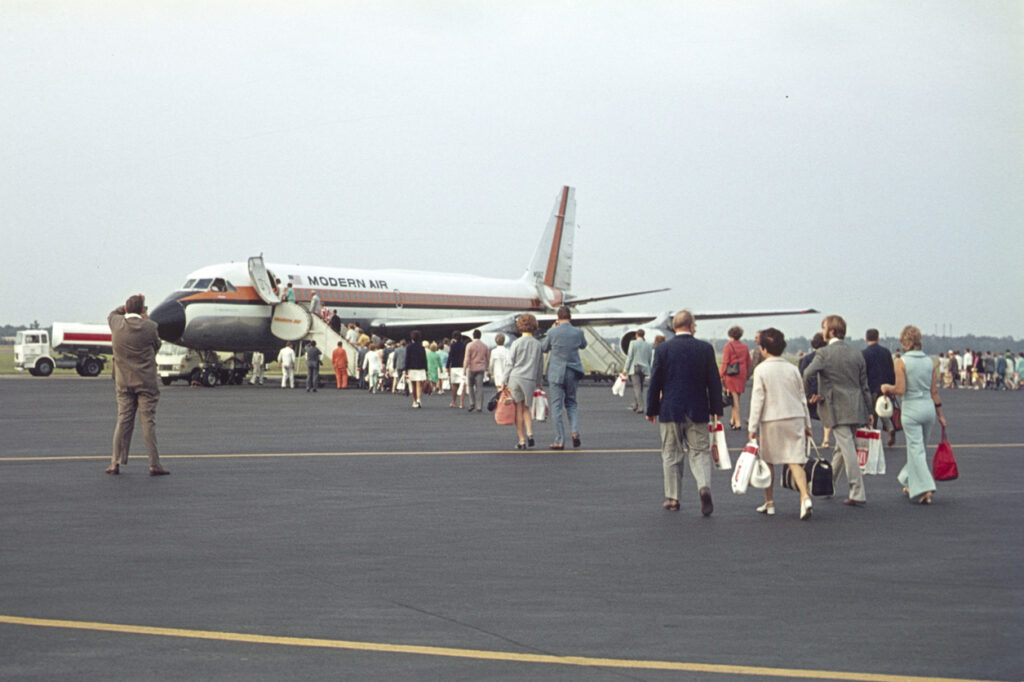
Flying wasn’t just expensive—it was an event reserved for special occasions. Most families didn’t take yearly vacations that required a plane ticket. Road trips were the norm, with hours spent in cramped cars on less-developed highways. For Boomers, the idea of jetting off on a whim was unthinkable. Millennials who book flights with a few clicks probably can’t imagine the logistical and financial hurdles Boomers had to deal with.
12. They Lived Through Unprecedented Social Upheaval
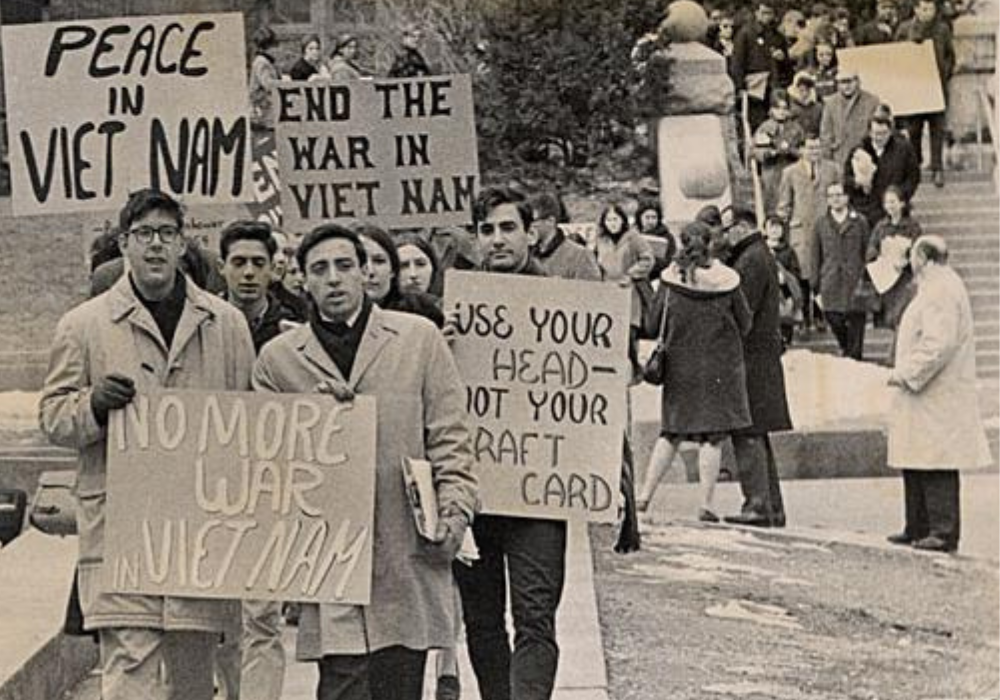
Boomers witnessed civil rights movements, anti-war protests, and women’s liberation marches firsthand. These weren’t just historical events—they were daily realities that shaped their communities. The social changes they lived through demanded courage and resilience, often at the cost of personal safety and stability. Millennials might read about these moments in history books, but Boomers experienced the uncertainty and tension in real-time, often wondering what kind of world they’d grow up in.
13. Extreme Weather Wasn’t Just an Inconvenience
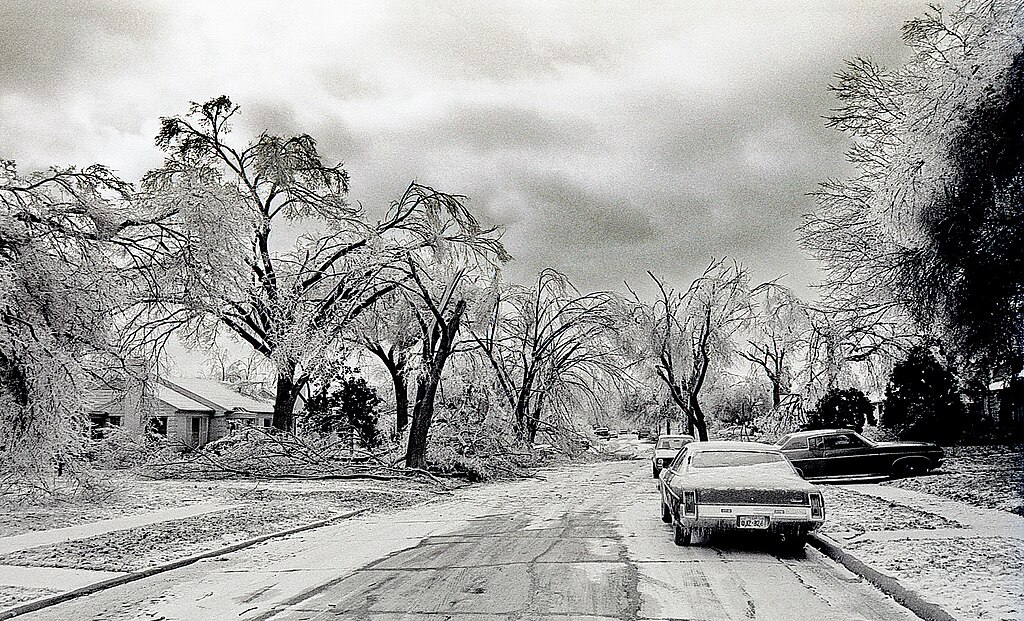
There were no weather apps to warn about incoming storms or heatwaves. Boomers had to deal with extreme weather largely unprepared, relying on landline calls and TV news for updates. Tornado drills, hurricanes, and blizzards tested their resilience in ways that seem unthinkable now. Imagine facing these challenges without modern technology or infrastructure. For Boomers, it wasn’t just about surviving the elements—it was about adapting on the fly with limited resources.
